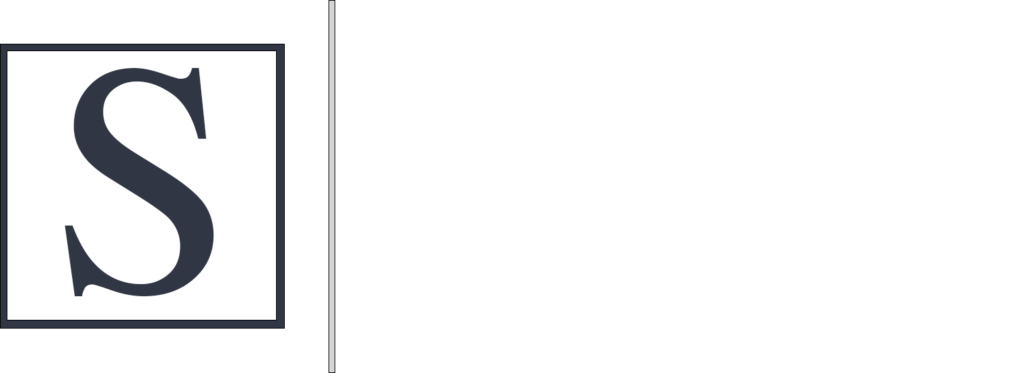How a Health Crisis Can Lead to Financial Ruin and How Bankruptcy Can Help You Recover
Facing a health crisis is one of the most challenging experiences a person can endure. Unfortunately, the financial consequences of a serious illness or injury can be just as overwhelming. Even with health insurance, many individuals are left with mounting medical bills, lost income, and other costs that make it difficult to keep up with everyday expenses. At Sieling Law, PLLC, we understand how a health crisis can trigger financial difficulties, and we’re here to help you explore how bankruptcy can be a valuable tool to help you rebuild financially after a medical situation.
Medical Debt and Bankruptcy: A Common Issue
Medical debt is one of the leading causes of bankruptcy in the United States. Even a brief stay in the hospital or an unexpected surgery can leave patients with tens of thousands of dollars in medical bills. For many people, these bills can become unmanageable, especially when combined with the loss of income that often accompanies a serious illness or injury.
According to various studies, more than 60% of bankruptcies are linked to medical issues, whether due to high medical expenses, lost wages, or both. Even individuals with good health insurance can face overwhelming out-of-pocket costs, deductibles, and co-pays that quickly pile up, leading to severe financial strain.
The Financial Impact of a Health Crisis
A serious medical event often leads to more than just medical bills. Many people are forced to take extended time off work to recover, resulting in lost wages that make it difficult to pay for everyday expenses such as rent, utilities, and groceries. Others may need to take on credit card debt or personal loans to cover essential costs, further complicating their financial situation.
This combination of high medical expenses and reduced income can create a snowball effect, where debt continues to accumulate, and individuals are unable to catch up. This is where bankruptcy can offer much-needed relief.
How Bankruptcy Can Help You Recover Financially
Bankruptcy can be a powerful tool for those struggling with debt after a medical crisis. It provides a way to eliminate or reorganize debt, offering a fresh start for individuals and families who have been financially devastated by a health crisis.
Chapter 7 Bankruptcy
For those with overwhelming medical debt, Chapter 7 bankruptcy can discharge (eliminate) most unsecured debts, including medical bills, credit card debt, and personal loans. This means that you are no longer legally obligated to repay these debts, allowing you to focus on your recovery without the constant stress of collection calls and unpaid bills.
Learn more about Chapter 7 Bankruptcy Here.
Chapter 13 Bankruptcy
If you have a steady income but are struggling to keep up with payments, Chapter 13 bankruptcy allows you to create a repayment plan to catch up on past-due debts, including medical bills, over a period of three to five years. This option can provide you with the breathing room you need to stabilize your finances and get back on track.
Learn more about Chapter 13 Bankruptcy Here.
Medical Debt and Your Health
It’s important to understand that medical debt doesn’t just affect your financial well-being—it can also take a toll on your physical and mental health. Constant stress over unpaid bills and the fear of losing your home or having your wages garnished can make it harder to recover from an illness or injury. By exploring bankruptcy as an option, you can take steps to relieve this financial stress and give yourself the space to focus on what truly matters—your health.
Bankruptcy and Medical Debt: What You Need to Know
In most cases, medical debt is considered unsecured debt, which means it can be discharged in a Chapter 7 bankruptcy or restructured in a Chapter 13 bankruptcy. This makes bankruptcy an effective solution for those struggling with large medical bills. Additionally, in recent years, there have been efforts to provide more relief for individuals facing medical debt, including changes to how medical debt is reported on credit scores and potential new protections for those dealing with medical-related financial hardships.
However, it’s important to understand that not all debts are dischargeable in bankruptcy. For example, if you used credit cards or took out personal loans to pay for medical bills, this debt may be subject to different rules in bankruptcy. This is why it’s crucial to consult with an experienced bankruptcy attorney to ensure you understand your options and how bankruptcy laws apply to your specific situation.
Why It’s Important to Speak with a Bankruptcy Attorney
If you’re facing financial difficulties due to medical debt, speaking with a bankruptcy attorney can help you understand your options and determine the best course of action. At Sieling Law, PLLC, we work closely with individuals and families who have been impacted by a health crisis to help them explore whether bankruptcy is the right option for them. We can help you assess your debts, understand your legal rights, and develop a plan to move forward.
Contact Sieling Law, PLLC Today for Help
Don’t let medical debt stand in the way of your recovery. Bankruptcy can provide the financial relief you need to move forward after a health crisis. Contact Sieling Law, PLLC today for a free consultation to learn more about your options and take the first step toward financial healing. Call us at 612-325-1191 or fill out our online form to schedule your consultation.









